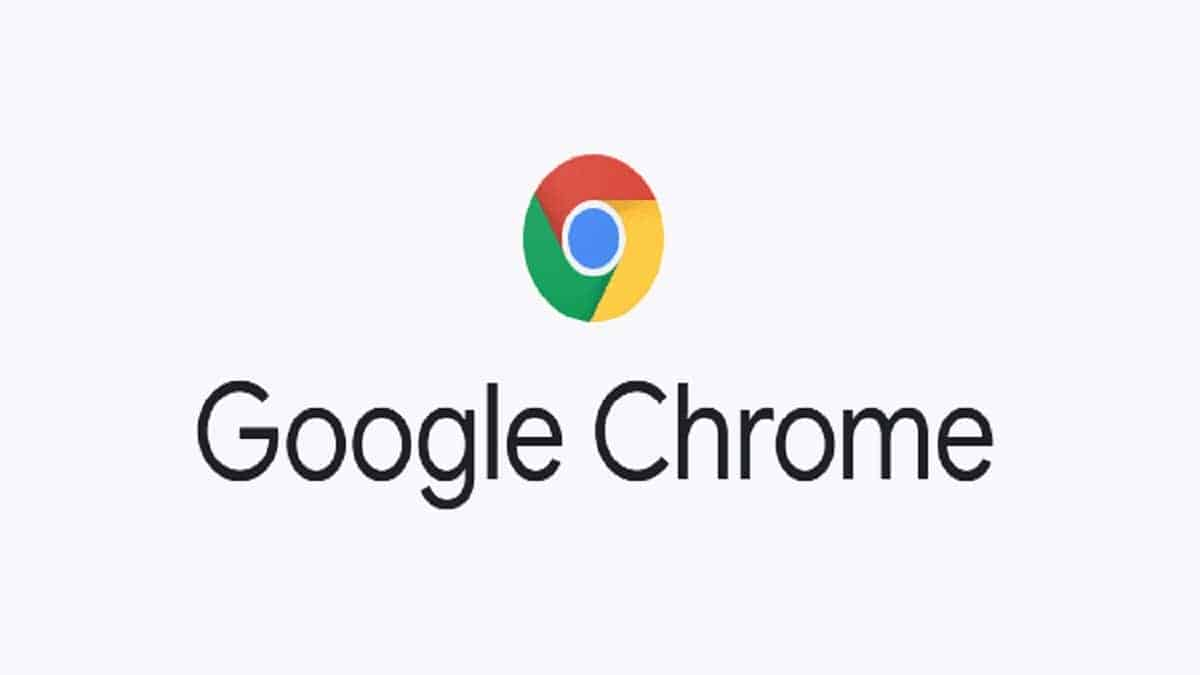Chrome is prohibited in Dutch schools due to data security issues

Due to worries over data privacy, the Dutch Ministry of Education has decided to put a hold on using Chrome OS and the Chrome web browser until August 2023.
The authorities are concerned that Google services collect student data and make it available to sizable advertising networks, who utilize it for purposes other than advancing education.
Concerns about potential GDPR violations exist since the national watchdog is unsure of where pupils’ personal data is stored and handled (General Data Protection Regulation).
In a letter to the Dutch parliament, the ministers of education and primary and secondary education jointly outline a number of cybersecurity and data privacy issues.
According to the letter, sensitive discussions about data privacy were had with Google, Microsoft, and Zoom, and commitments were made to make upcoming iterations of software products more open and compliant with data protection laws in effect throughout the EU.
The temporary prohibition in Google’s case is in effect until the Dutch regulator issues a new determination because the tech titan promised that a new version of the Chrome web browser and Chrome OS would be available by the end of the following year.
Despite the fact that Chrome is the most widely used web browser worldwide, educational institutions in the Netherlands will have access to a number of high-quality and privacy-respecting options.
The Chrome OS situation, though, is a little trickier because it’s an ecosystem connected to Google services and was created to run on less expensive devices ideal for educational use.
Other cases of data privacy concerns
Google’s services have sparked numerous worries about data privacy and the nebulous data collection methods that underpin them across Europe.
In January 2022, the Austrian data protection authorities ruled that using Google Analytics was a violation of the GDPR because the data was collected about website visitors with their express agreement and moved outside of Europe.
A similar judgement was made in February 2022 by the French data protection office (CNIL), which later issued a warning to Google that making little changes would not make the decision go away.
In response to criticism of the unrestricted data transfers to third countries, the Danish DPA banned the use of Google Workspace and Chromebooks in Elsinore, one of the country’s municipalities, this month.


